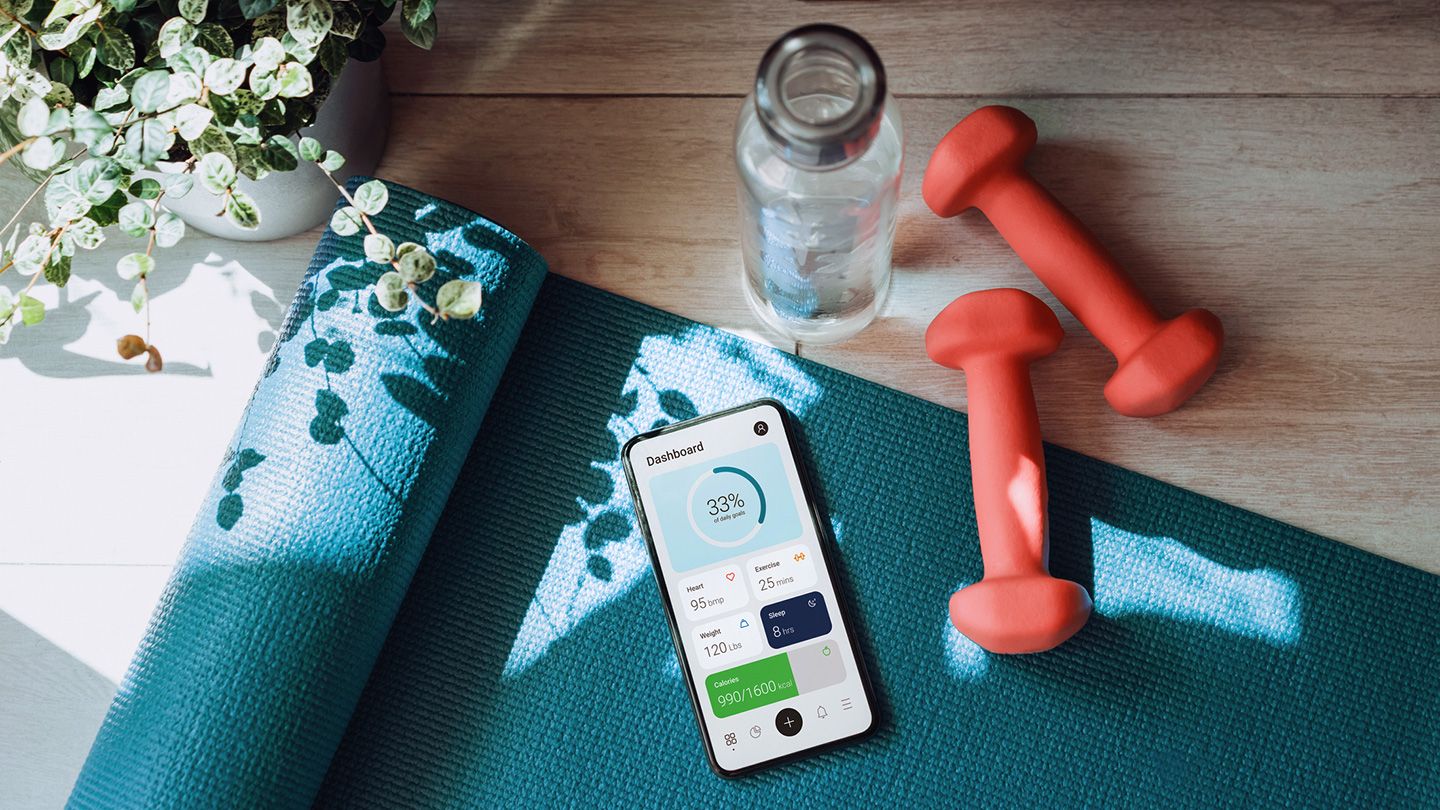Fitness apps use algorithms for precision and the principles of behavioral science to boost motivation of users and aid in the achievement of goals.
The ability to customize fitness goals in these apps contribute to better compliance to programs, as evidenced by research. Features like gamification or social networking can increase motivation and motivation, while advanced analysis provides insight into how workouts are effective.
MyFitnessPal, Strava, and Fitbit are three examples of applications which integrate advanced monitoring of various metrics, such as the variability of heart rates, as well as training intensity.
The use of SMART goals and adaptive algorithms further enhances the user experience and encourages long-term engagement. Combining these functions significantly improves the achievement of fitness goals.
Table of Contents
Fitness Challenge App Benefits
Fitness challenge apps have a myriad of advantages that can significantly improve the health and fitness journey. These platforms are powerful devices for setting and reaching fitness goals with regular exercise programs and real-time tracker of progress. With an intuitive user interface, fitness apps allow the setting of goals for fitness that are personalized, using algorithmic precision to create exercises that are suited to the individual’s needs and physical capabilities.
One of the main advantages of these apps is their ability to create motivation via social connections and gamification components. Participants can take part in virtual competitions and earn badges and rewards that act as motivational extrinsic elements. Furthermore, these apps use data analytics to give insight into the efficiency of workouts in terms of caloric expenditure, fitness level, as well as overall physical performance helping to optimize exercise routines.
Research has proven the positive effects of fitness-related apps on the adherence of people to exercise. Through the use of cognitive-behavioral strategies that include reminders, positive messages to motivate users, the apps eliminate obstacles to exercising that hinder exercise, like the lack of motivation or time.
Therefore, the incorporation of technology advancements in the challenge apps does not just aid in the achievement of fitness targets, but can also aid in sustaining behavioral modification, and promotes longevity-based health advantages.
Popular Apps for Fitness Challenges
In the age of digital there are a variety of fitness apps that are popping up, providing distinctive features designed to meet a variety of fitness desires and goals. They employ advanced algorithms and a user-friendly interface to boost the engagement of users and boost motivation. Some examples of this are MyFitnessPal, Strava, and Fitbit utilize data analytics to give users specific insights and track progress. MyFitnessPal is a specialist in caloric consumption monitoring and analysis of nutrition offering users complete information on their diet. Strava is known for its community-driven challenges as well as live performance data, which appeals to runners and cyclists looking for to set benchmarks for themselves. Fitbit is a seamless integration of wearable technology, providing precise activity tracking and analysis of heart rate.
The fitness challenge apps monitor physical activity and help encourage the adherence to fitness routines via games and social interaction. Through facilitating goals along with progress visualization and peer-based support they are essential tools in your pursuit of health goals. The methods based on research allow users to make educated choices that align daily routines with long-term health goals.
Creating Customized Fitness Objectives
The incorporation of advanced algorithms into fitness challenge applications allows for the creation of goals for fitness that are personalised.
The flexibility of fitness milestones can be adapted to the individual’s fitness level as well as preferences and physical health, which results in an individualized and efficient training experience.
Studies have shown that individualized goals can significantly boost the adherence to fitness plans which highlights the vital role of individualization to achieve long-term fitness goals.
Customized Objective Establishment
Customized goal setting in fitness challenge apps allows users to set goals which are precisely in line with their fitness level and goals. Innovative algorithms and input from users allow the creation of custom fitness programs, which increase engagement and commitment to their routines.
Personalized Fitness Benchmarks
Individualized fitness milestones for fitness challenge apps are based on an intricate interaction between the user’s data and technology. The algorithms in these apps study the individual parameters like weight, age, level, as well as historical performance data to create targets for fitness that are practical and aspirational. This allows for user-led engagement and motivation, since goals are based on the unique psychological and physiological profile of each user.
Integration of machine learning in fitness apps permits adaptive goal setting, that responds to data inputs in real-time. If a user exceeds the goal set prior to time, the app recalibrates the next goal in order to keep an optimum degree of difficulty. In the event that progress slows the app alters objectives to avoid the user from becoming demotivated.
The evidence suggests that personal goal setting can improve the effectiveness of fitness programs. The study that was published in journal of Research in Medical Technology* showed that setting goals for fitness based on individual preferences significantly improved the retention of users in fitness applications.
This demonstrates the effectiveness of milestones that can be customized to promote continuous physical activity.
Monitoring Your Progress in Fitness
The tracking of fitness progress through challenges requires the systematic monitoring of workout routines throughout the day and evaluation of trends in performance to make sure that the fitness goals are aligned with goals.
The advanced algorithms and real-time analytics in these programs provide users with exact information about their exercise routines. Measurements like calorie expenditure as well as heart rate variability and exercise intensity are vital to understand this process.
Keep an eye on your daily workouts.
The ability to monitor your daily exercises plays an essential role in the success of progressing fitness. It provides important insights into the physical performance, which allows for the necessary modifications to the workout routine.
Fitness challenge apps play a crucial role in keeping track of the daily routine of exercise, giving an extensive knowledge of a person’s fitness goals and aiding in the use of data to make informed decisions. The most important metrics that are recorded include heart rate variability, caloric expenditure workout duration and the intensity.





